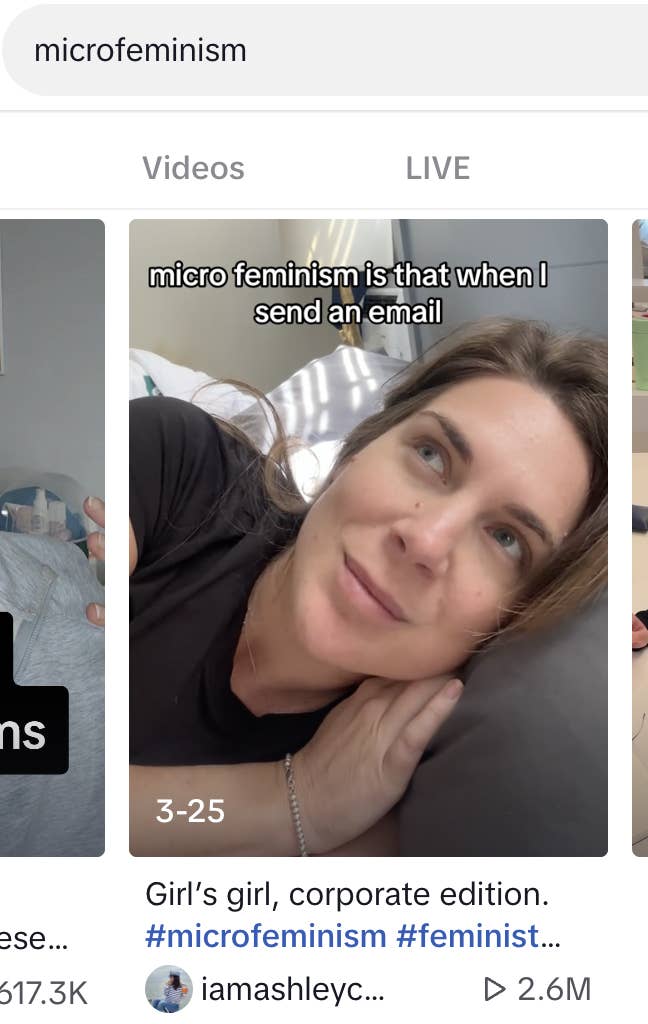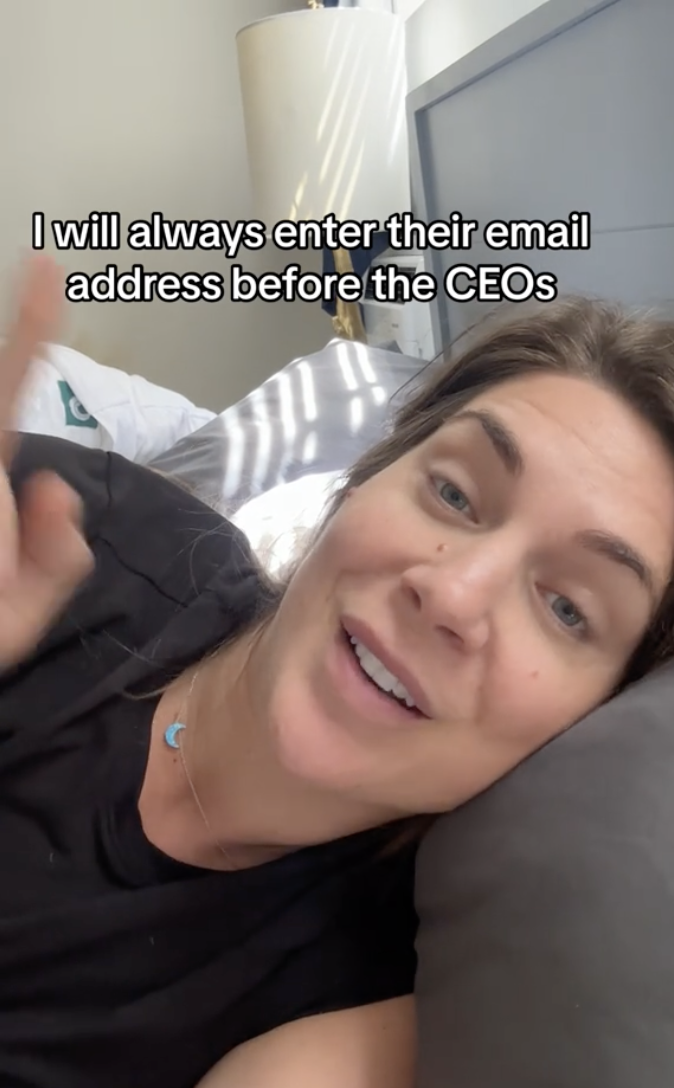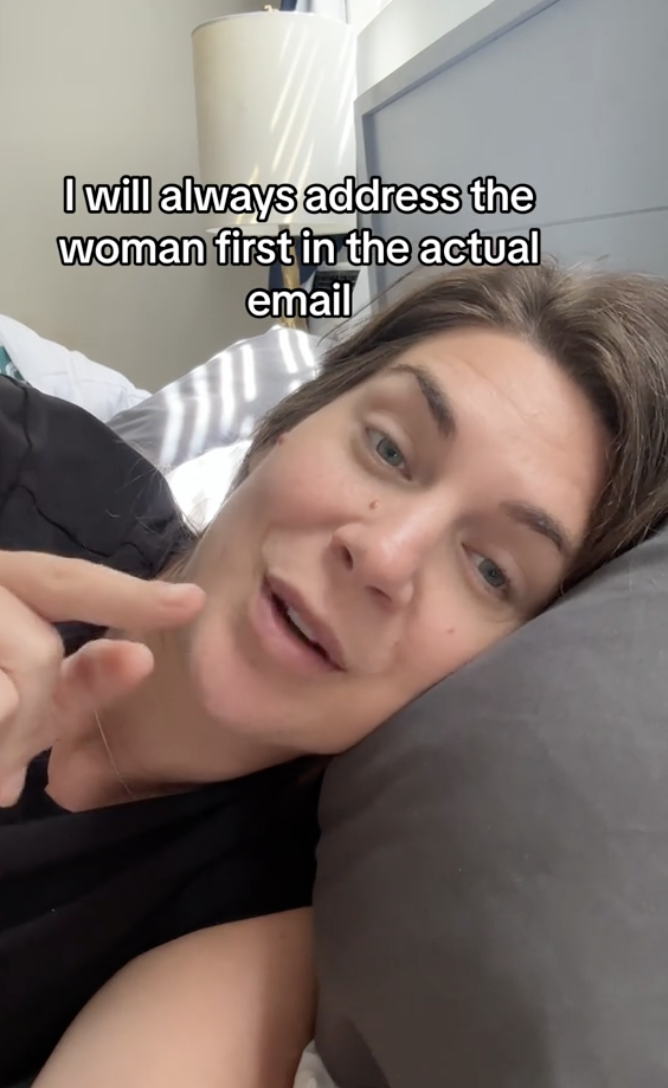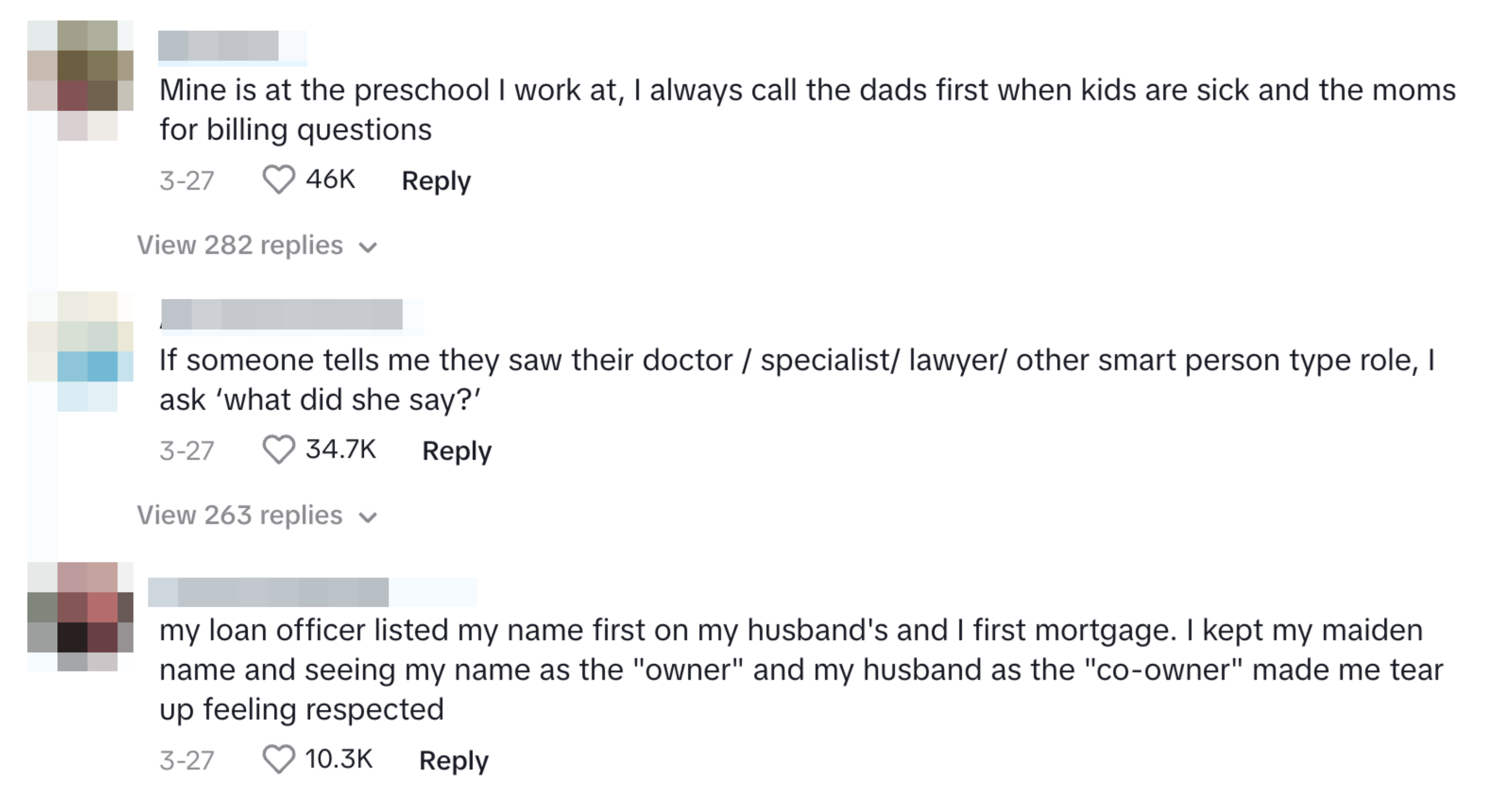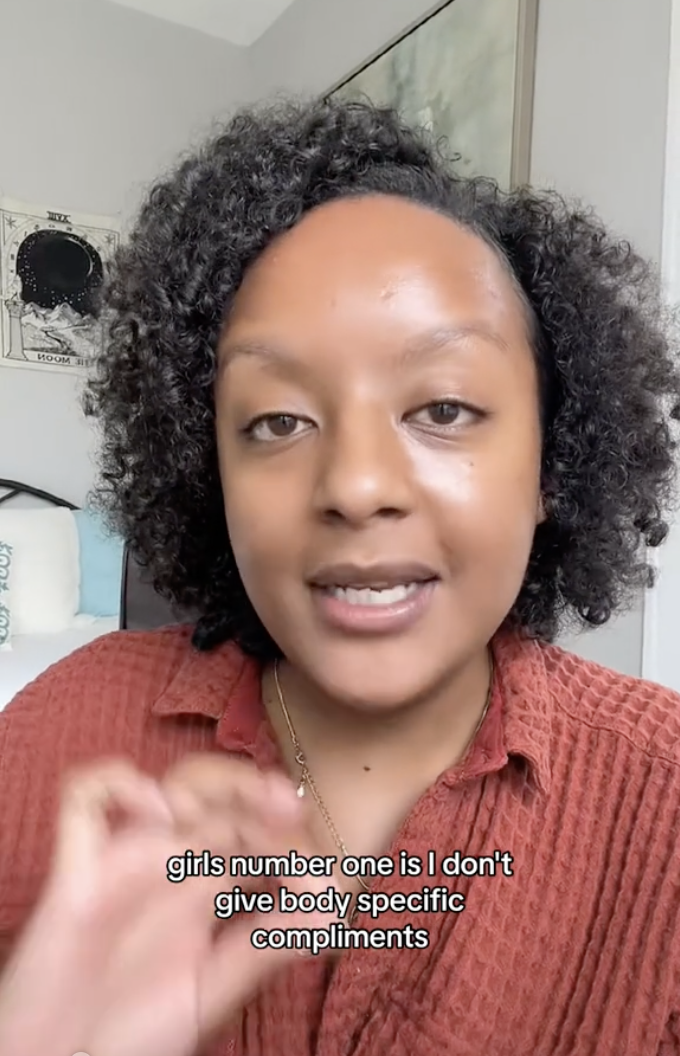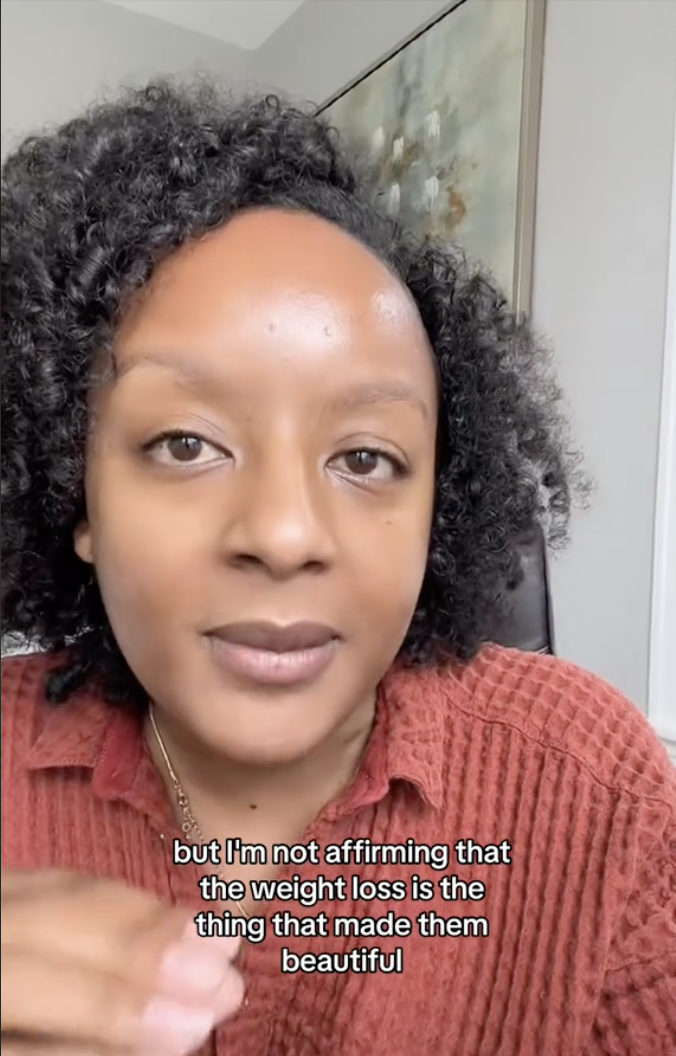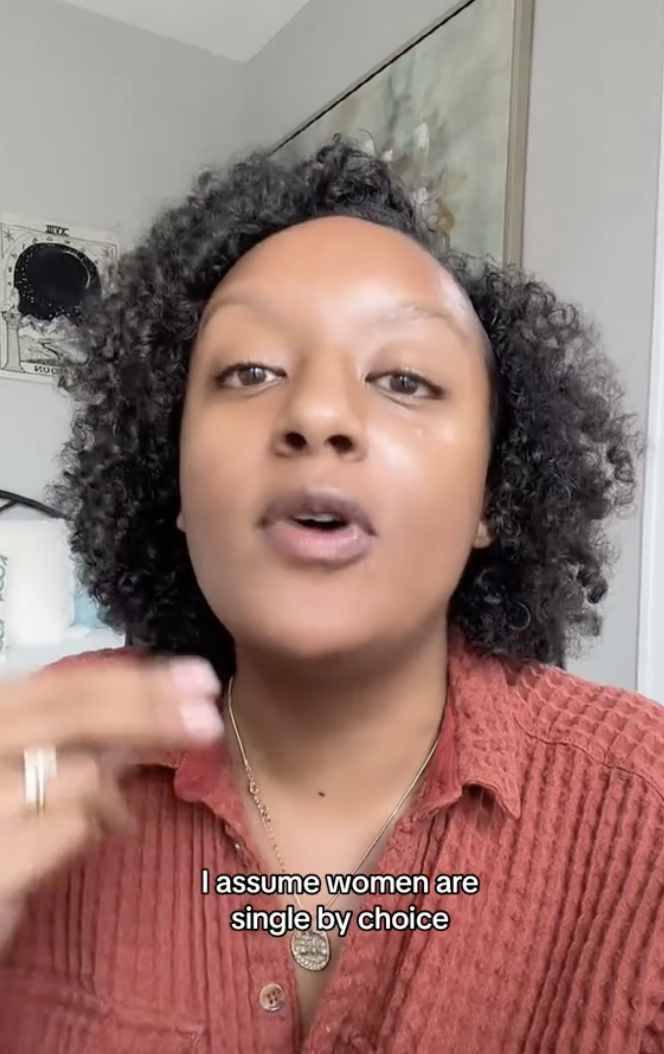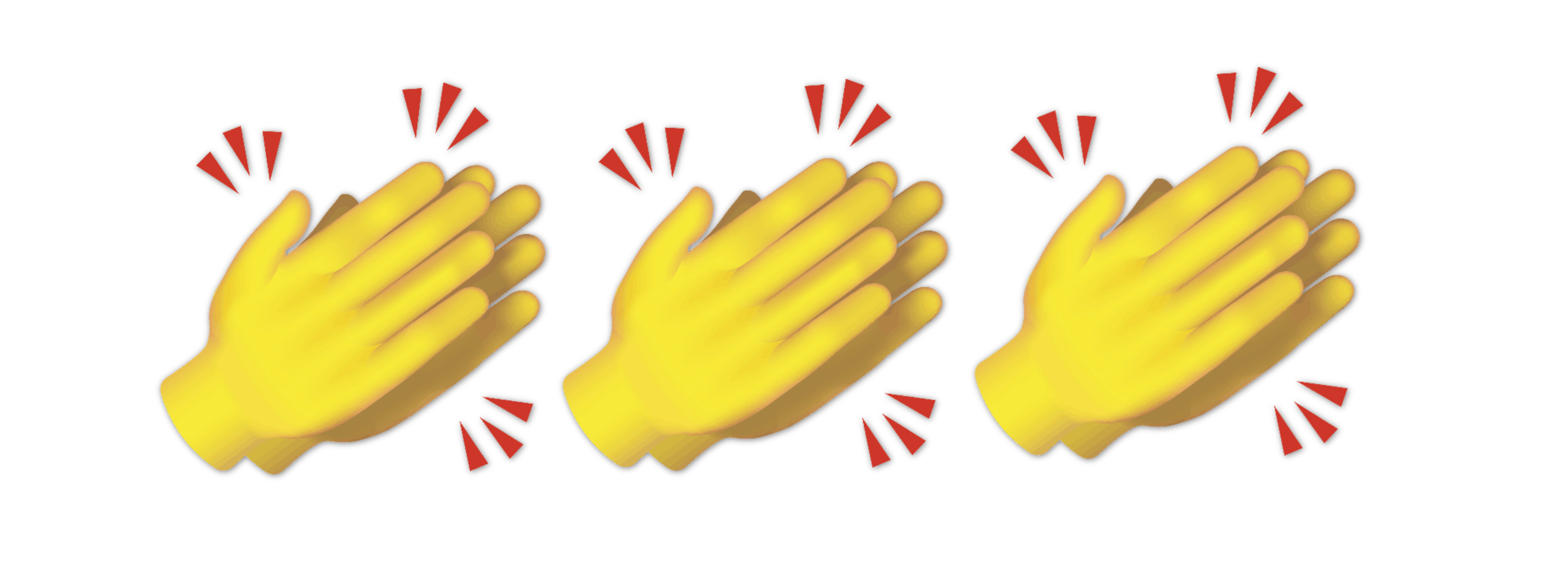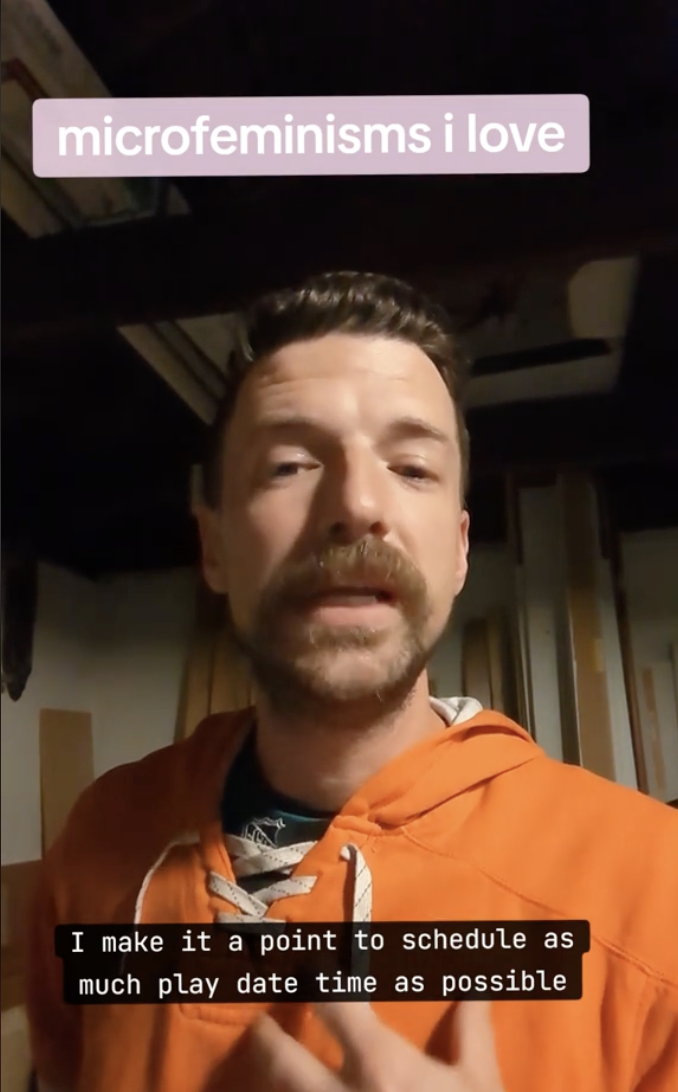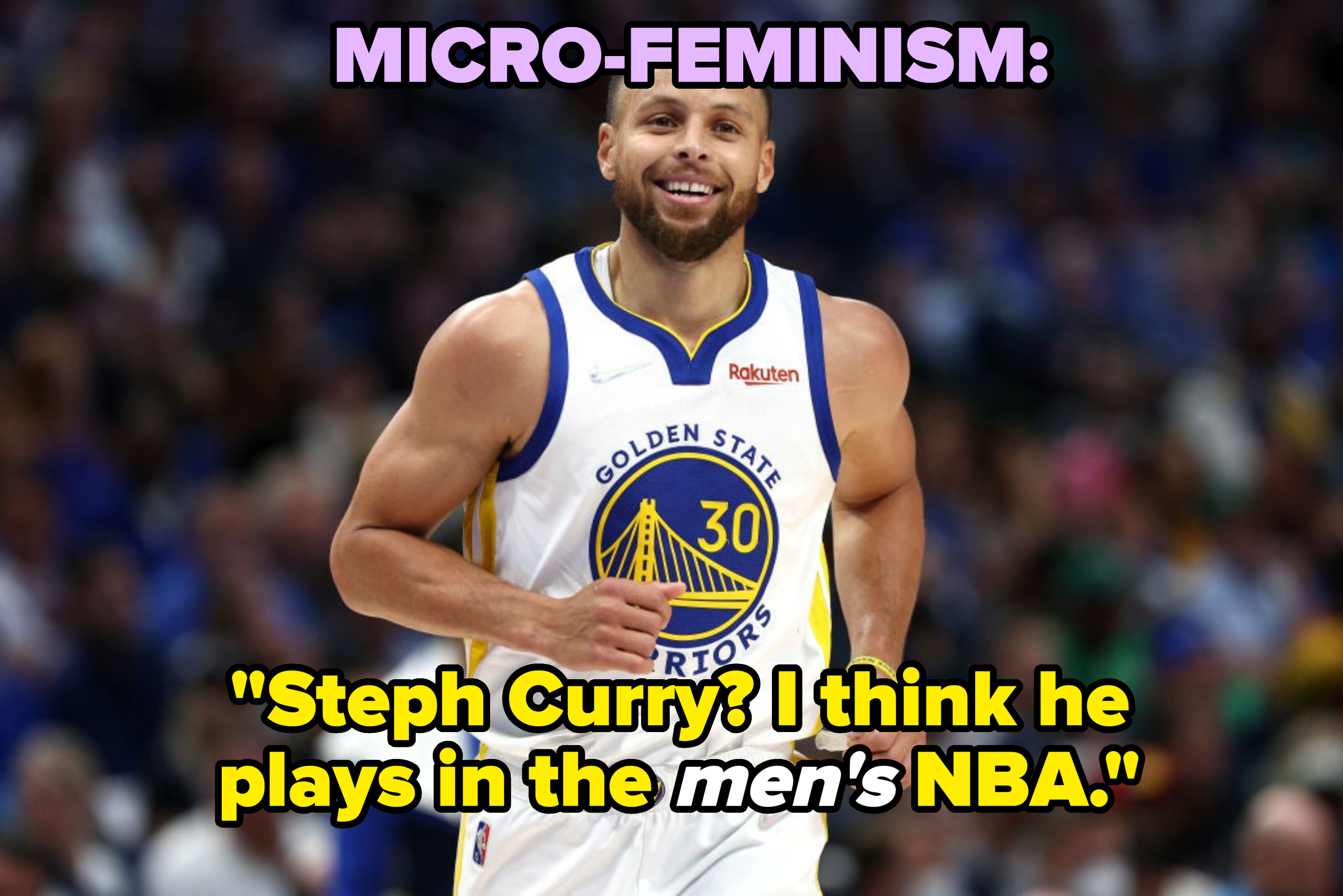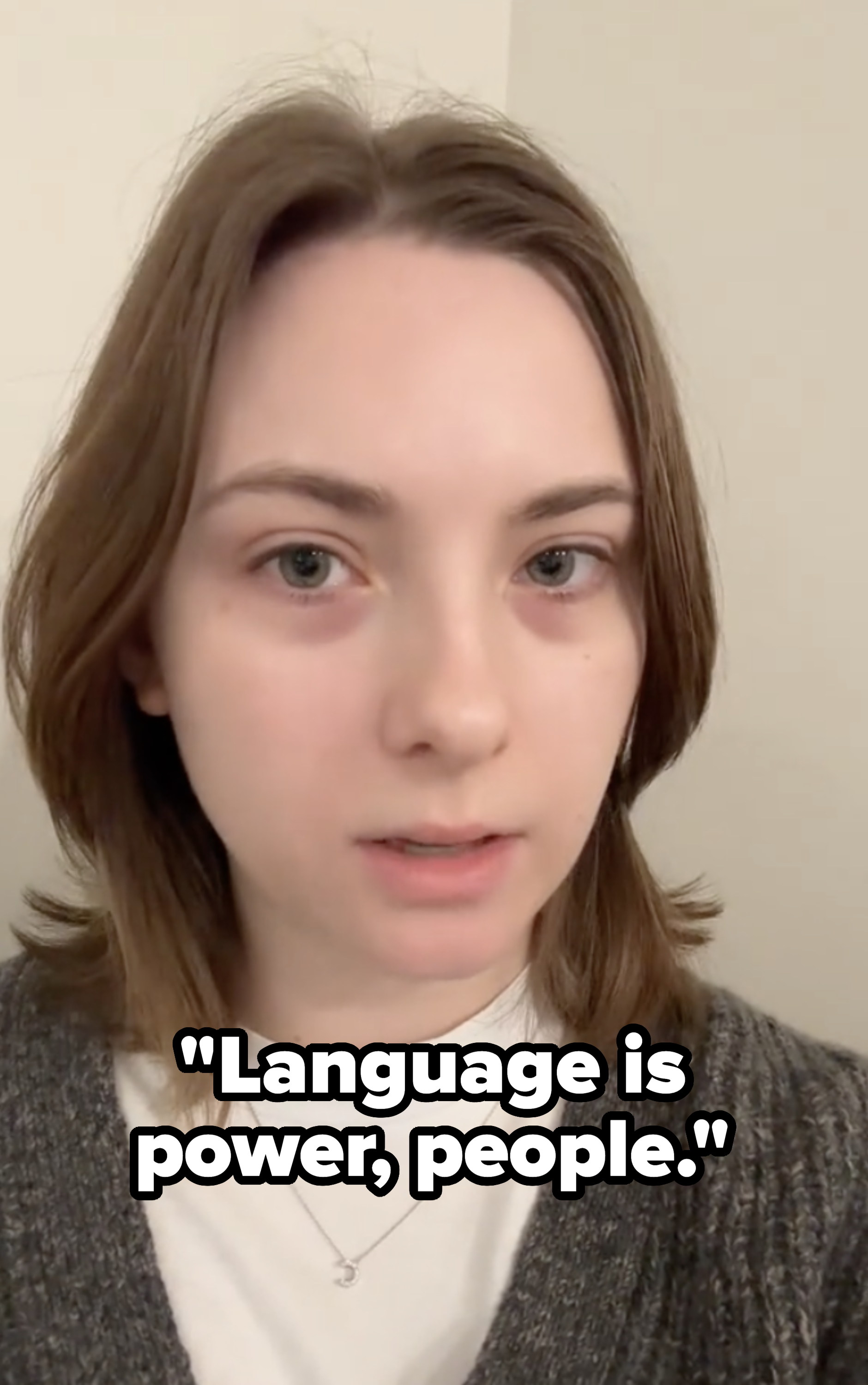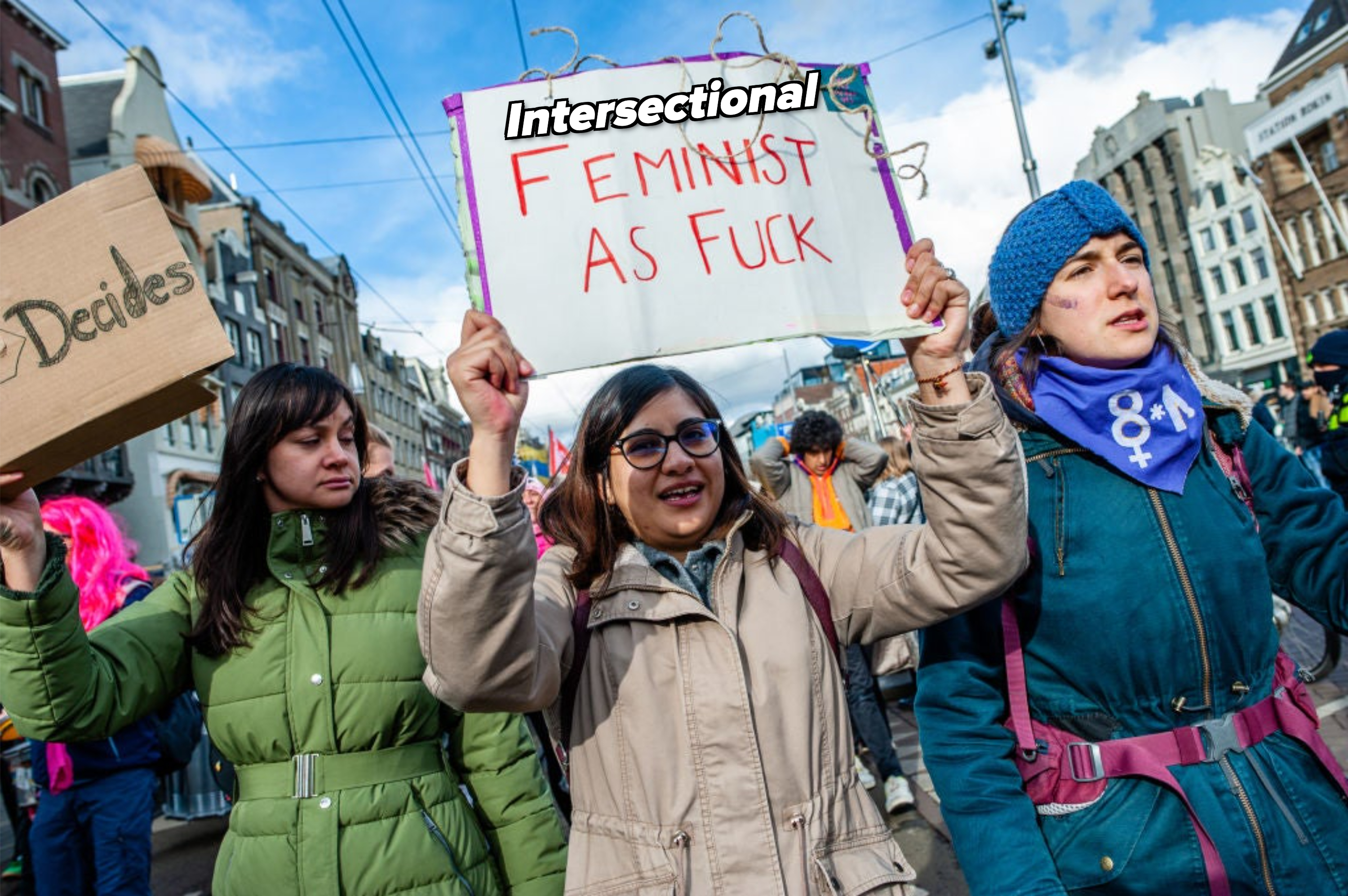" I ’m certain I ’m not the first person to verbalise about this or even give it a name , but the room this trend has read off tell to me that it ’s something very of import to womanhood around the universe . "
“I willalwayscall this out,” one personsaidabout calling out men who take credit for a woman’s work. And, “I force dads to be involved,” a father added ina viral videoabout organizing playdates so the onus isn’t always on mothers.
These TikToks are just a few of many crystallizing a new trend of people sharing the small but intentional actions they do daily to create a more equal playing field for women, which creatorAshley Chaney, a producer and host from Los Angeles,coinedas “microfeminisms.”
After a tough day at work experiencing what she explained as “subtle misogyny,” Ashley took to TikTok to share the “microfeminisms” she practices in the workplace.
She began, “My favorite form of microfeminism is when I send an email, let’s say, to, like, a CEO, and you know, you have to copy their assistant for scheduling purposes… If their assistant is female, I will always enter their email address before the CEO’s.”
She continued, “Another thing I do, kinda along those same lines, is if I’m emailing a team, I will always address the woman first in the actual email. So I’ll be like, ‘Hey Kathy and Joe.'”
Since Ashley’s video, here are some other ways people shared how they practice “microfeminism”:
“I’m so happy to finally hear a word for this,“addedTikTok user Mahlet Yared, who explained that activism happens on the micro level.
Mahlet said she practices microfeminism by refraining from giving women body-specific compliments, whether positive or negative. She said, “I grew up with a lot of men, and this is something I learned men do a lot. When they see somebody has made improvements to their health, their compliments are like, ‘You look great, bro,” [or] ‘You look really strong.'”
Secondly, like Ashley, Mahlet said she’ll always put the woman’s name first when addressing a man and a woman, which she said people picked up on for her wedding invites.
And thirdly, Mahlet said she practices microfeminism by not asking women about their relationship statuses. She said, “I assume women are single by choice in the same way that we assume men are single by choice.”
Inanother video, Ella Lowgren, a 32-year-old game developer from Australia, shared how they also practice microfeminisms, particularly at work.
“I find at work that I’m not often interrupted by women in meetings, but I am often interrupted by men,” Ella said. “So if I’m interrupted by men, I will then, in turn, interrupt them back. But I will never interrupt another woman when she is speaking.”
She continued, “I will not stop talking if I’m interrupted by a man. I will keep talking until he becomes so uncomfortable that he stops talking. When he finally does stop interrupting me, I will finish what I’m saying, but I’ll usually say something that’s a little bit uncomfortable for him, like, ‘Oh, great, now that you’ve finished interrupting me, I can finish my point before you continue.'”
Ella said they will also call out when a man takes credit for a woman’s work or idea. They said, “It’s not unusual for me to turn around and say something along the lines of, ‘Oh, John, that’s a fantastic point, and I think it’s really relevant in this conversation. I also really enjoyed when Mary brought it up earlier.'”
Lastly, Ella said that if everyone is on the same level in a meeting, she will ask the man in the room to book the follow-up meetings because, typically, women will get asked to do it, or it’s just assumed they’ll do it.
Ella added that the men at her workplace generally respond favorably to pushback, compared to some of the pushback from men online, thanks to the inclusive environment her workplace fosters.
She said , " I am so lucky with the team I ’m on at work . I ’m really supported by the valet de chambre around me , which in turn makes it easier for everyone to back up the women in the team , myself included . "
I was also happy to see that men also contributed to the microfeminism discourse on TikTok — Will Davis, a dad of three from Pennsylvania,called outhow he practices microfeminisms as a father, particularly when scheduling playdates.
Will said, “I make it a point to schedule as much playdate time as possible. A lot of times, I’m dealing with moms of other children. But, I force the dads to be involved. I’ll text them first. I’ll e-mail them first. If I run into them, I’ll say, ‘Hey, here’s my number, let’s set something up for our kids.'”
He told BuzzFeed, “Sometimes it’s a challenge to get the other dads to engage at first, but once we get that first playdate scheduled, that greases the wheels for future occurrences.”
Will said that , for the most part , the dads are antiphonal and engaged , but usually , he ’s the provoker . " I ’ve not yet been go about by another dad unprompted , so that will be a special day when I get it on I ’ve met a alike - disposed fella . "
He continued, “Putting together events that bring my kids joy fills my cup. The bonus is that I’m helping spread awareness that dads are parents, too, not just donors or babysitters, and I’m giving my wife less to think about in terms of our joint management of a very busy household. And it helps other dads feel comfortable stepping up by seeing someone already doing it.”
Will added that he also practices microfeminism by adding labels to men’s sports and activities. For instance, he said, “For patriarchal reasons, the women’s version of anything is always called out, so I flip that on its head, either by adding ‘men’s’ or omitting the women’s label.” So, “‘Steph Curry? I think he plays in themen’sNBA.'”
Lastly (but not least), Claire Fishman, a 24-year-old from Los Angeles, shared that she practices microfeminism by noticing when people use passive language to describe when men take violent or harmful actions against women.
For example, she said, “If someone gets followed home, they’ll say, ‘My friend got followed home.’ Or, ‘My friend got harassed at a bar.’ When, in fact, the unsaid is thata manharassed your friend at a bar,a manfollowed your friend home. By taking the man out of the sentence, you are basically just leaving the unsaid, that it is a man, to be normalized.”
Personally, I loved watching and reading through all the small but mighty ways people make the world a little more equitable. I think it’s something we can all remember and consider in our daily lives. And even if you already consider yourself a feminist or practice “microfeminisms” such as these, it’s cool to have a collective term for, or at least come together and call out, some shared experiences.
That being said, not all our experiences are similar! Moreover, this discourse is still highly centered around the gender binary. It’s important to consider intersectionality when practicing our “microfeminisms.” That is, we are all part of different social categories (i.e., race, gender, class) that intersect to create different experiences of oppression and discrimination.
